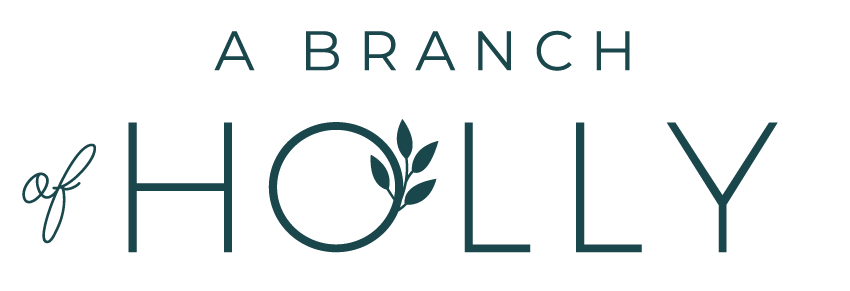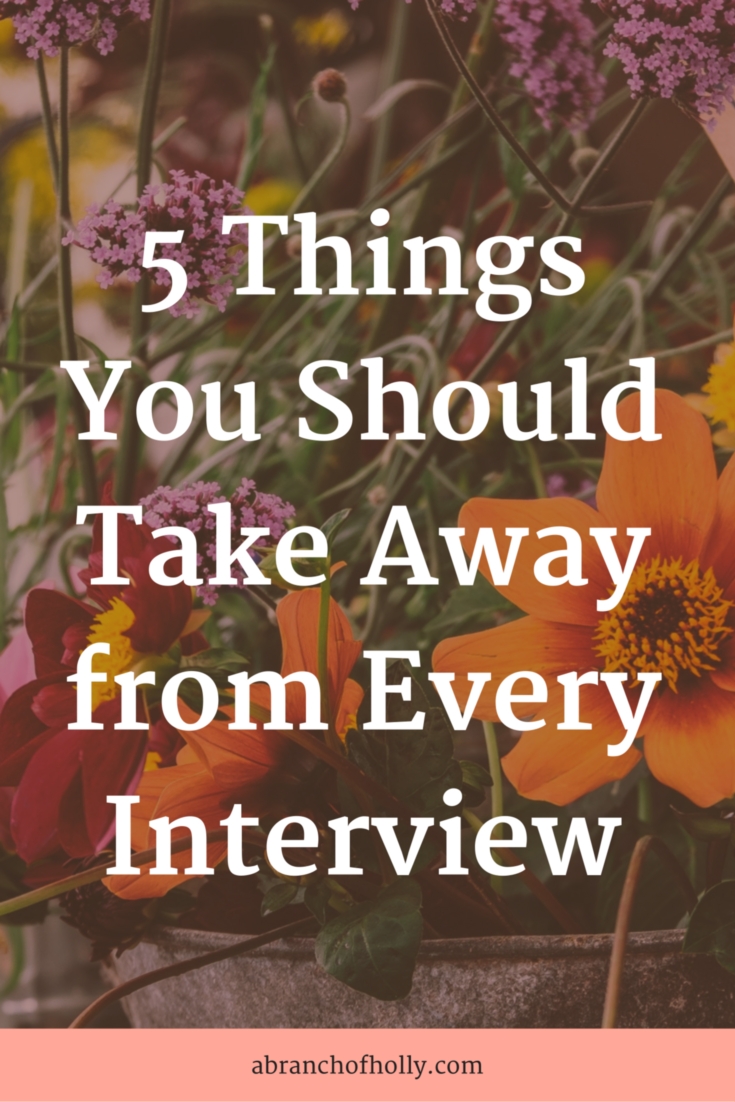5 Things You Should Take Away from Every Interview
You’ve done it. You made it through the interview. You presented your cleanest CV, wore your smartest, feel-good outfit, answered the questions and smashed it. But what then? Do you sit and wait for news? Forget about it until you hear whether you’ve got the job or not?
Definitely not.
If you’re not an entrepreneur and don’t plan to be one, then the likelihood is that you’ll go through a number of interviews during your life. Some of them will be successful and some won’t. And like anything, you’ll want to reflect. We learn by our experiences and mistakes. But how will you be able to improve or make positive changes without questioning what those experiences taught you?
Self-reflection lets you move from just having an experience, to having an understanding.
This is especially true for job interviews. From my first ever job interview for a part-time job at New Look when I was sixteen, to the latest one I had for my job as Marketing Coordinator (which consisted of a design task, presentation and two rounds of interviews), it’s safe to say that I’ve learnt a hell of a lot. And one main thing I’ve done in order to further my career is to keep an interview log.
An interview log is simple – after each interview you have, you reflect upon it and write your thoughts down in this little book. You could write anything. But from my own experiences, I’ve found that there are five main things you need to take away from every interview and reflect upon. So that’s what I’m going to share with you today.
What Went Well
Spoiler alert – you’re not going to write anything negative in this journal. Don’t focus on what you didn’t do or what you forgot to say. Focus on what went well. Go from the first thing you did to when you left. Write down every small detail. Did you give a firm handshake? Did you look people in the eye? Did your interviewees seem interested in what you had to say? Think about each part of your interview, how it went, how you felt and note it down.
But remember – this isn’t just a place for you to retell the interview step by step. Really think about the details of it and what parts went well. It’s about evaluating your performance. And this makes you realise what you’re good at. It’ll make you realise where your strengths are. If you notice what you’re good at, you won’t worry about it in your next interview.
I always use these questions as a good starting point and now you can use them too:
What went well?
What were you really happy with?
What did you get across about yourself that was positive?
Which of the questions do you think you answered really well?
Feedback
If there was just one piece of advice I could give to people about interviews, it would be to ask for feedback. This is so important! If you think the interview has gone really well and you either don’t hear anything or get told you’ve not got the job, ask for feedback. If not, you’ll beat yourself up about it and have that unanswered question lingering over you – “why didn’t I get the job?”
Feedback can not only tell you why you didn’t get it, but it can also help you with what you can improve on for future interviews.
After I graduated from university when I was 21, I had an interview for a job as a Trainee Communications Officer. It sounded great and I smashed the interview. But then I had the call to say I didn’t get it. I immediately asked for feedback and I was told that I used the same part of my experience to answer most of the questions. From then on, I’ve tried to think of a completely different situation for each answer.
But here’s something else for you to think about – not getting that job was also a big sign that I wasn’t meant to get it. Because then, I went on to do my Masters degree, met Tom and now I’m in the job I love.
Funny how things work out, right?
Everything happens for a reason. Even if it’s your dream job and you don’t get it, there’s always a reason why.
Being rejected isn’t feedback. If you get a call, say: “would you mind if I just asked for some feedback so I know what to work on for the future?” And if you don’t hear back within a week or so, then send them an email and ask for feedback that way. If you do what you’ve always done, you’ll get what you’ve always got. But this way, you’re taking your future into your own hands and making positive changes for every interview you have.
Anything new you learnt
This can be about the company and about yourself too. Maybe you realised that actually, this isn’t the sort of place you actually want to work. Or maybe you realised that this job is even better than you thought. You could also learn a lot about yourself too.
You might realise that you’re more confident with interviews than you thought. Or you might realise that you need to prepare your answers in more detail. Whatever you learn, it can always help you. Take it all on board.
Whether you really want the job
This is a biggie. There’s only so much information you can get from a job description. Getting an interview is great practice. You’ll be able to get a feel for the place, see if they’re the type of people you can see yourself working with and get more information about the job to see if you actually want it.
So many people see a job, think it’s perfect for them, but then go to the interview and find it’s completely different. Don’t take a job for any other reason than that you want. Don’t take it because it’s more money, and don’t take it because it’s a shorter commute if you don’t think you really want it.
I’ve been there – and I’ve done it more than once. I don’t regret those decisions I made, but I’d never do that again. Make decisions for you, no-one else. This is your time to be selfish.
You did your best
Whether you get the job or not, knowing you did your best is what matters most. You want to walk out of the interview thinking that you couldn’t have done any more.
You can only do your best. If that’s what you did, then that’s the best thing you can take away.
What do you think is important to take away from a job interview? Will you pay attention to these things more now?

